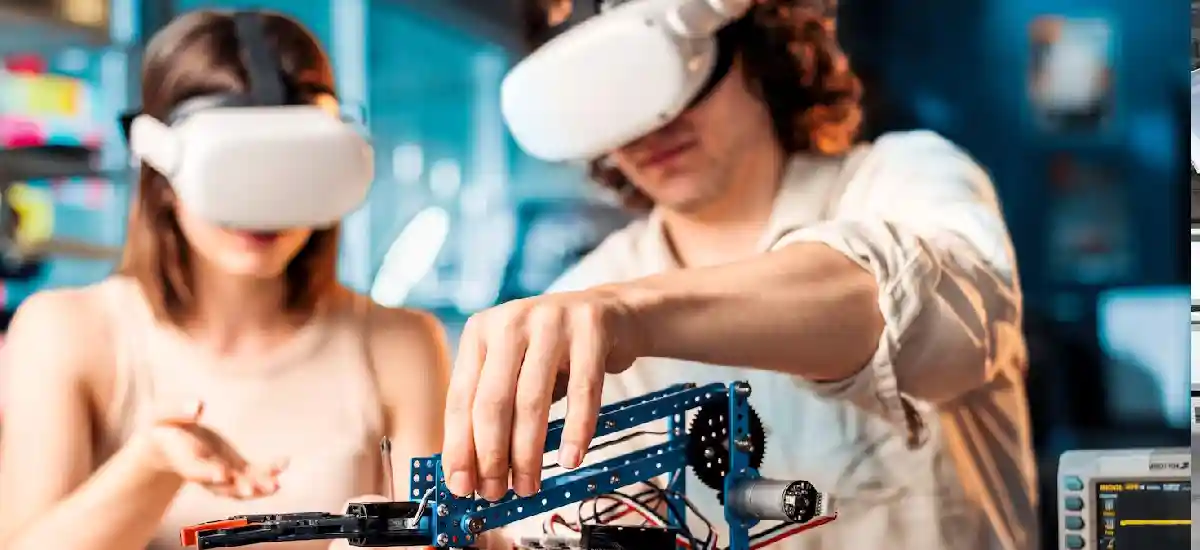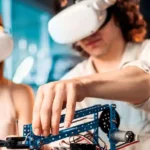The engineering landscape is changing dramatically and robotics is driving most of it. From classrooms to industrial labs; robotics is changing the way young engineers learn, develop, and solve issues. Instead than depending entirely on theory; students are receiving practical experience by programming robots, testing prototypes and using real world logic. This hands on experience enables them to gain technical skill and artistic confidence. As robotics advances, it influences not only the tools engineers use, but also the way they think, invent, and contribute to society.
- Robotics Education Is Redefining How Engineers Learn
Traditional engineering education was mainly based on theory and equations. Robotics puts the theory into action through hands on experimentation. Students learn mechanical design, electronics and coding in a single setting, which helps them comprehend the linkages between various engineering disciplines. Working with robots teaches problem solving through trial and error which promotes, a better knowledge of real world engineering difficulties. This technique strengthens foundations and produces more capable, confident engineers.
- Interdisciplinary Collaboration Is Becoming the New Norm
Robotics is a multidisciplinary field that combines mechanical, electrical and software engineering. This multidisciplinary approach teaches young engineers the value of teamwork. When students collaborate on robotic projects; they learn how to communicate across disciplines, synthesise information, and create systems that perform flawlessly. This teamwork oriented approach reflects the professional world, where cross functional collaboration is critical for developing breakthrough technology.
- Robotics Inspires Innovation and Future Ready Thinking
Robotics encourages curiosity and imagination. Students that study with robots usually go beyond developing simple machines, to develop solutions that meet real world concerns. They learn to think creatively and apply engineering ideas to create a good impact whether they are inventing medical aid robots or autonomous automobiles. Robotics competitions and innovation challenges encourage people, to improve their designs, test limits, and push the boundaries of what is possible with technology.
- Preparing Students for an Automated Future Workforce
As industries around the world adopt automation, experts who understand robots will have a distinct advantage. Working with robotics early on allows kids to become proficient in technologies such as artificial intelligence, sensors, and automation systems. These talents, are in high demand in industry, healthcare, transportation and research. By the time they graduate; young engineers are not just technically prepared but also ready to adapt to future advances in automation and smart technology.
- Robotics Encourages Ethical and Responsible Engineering
Beyond technical understanding, robots teaches students about the ethical elements of innovation. They begin to think about how automation affects employment, safety, and the environment. This knowledge promotes responsible thinking, ensuring that future engineers develop technologies that are both sustainable and socially useful. Robotics education shapes engineers who recognise that progress requires a balance of efficiency, empathy, and responsibility.
Wrapping Up
Robotics is more than a technological tool; it’s a transformative force shaping how the next generation of engineers learns, collaborates, and innovates. By combining hands on learning, interdisciplinary teamwork, and ethical awareness, robotics is cultivating engineers who are not just skilled builders but also thoughtful creators of a smarter, more sustainable future.













